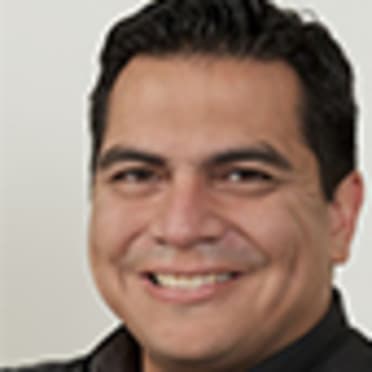MLB summit aims to boost diversity, inclusion
Major League Baseball’s efforts designed to increase growth in the areas of diversity and inclusion within the sport continue. The activities of MLB’s Supplier Diversity Summit, which normally take place on site at the Winter Meetings, were conducted this year via Zoom.
Connected to the MLB Diverse Business Partners (DBP) program -- the longest-running Supplier Diversity Program in major sports -- baseball’s Supplier Diversity Summit is an economically driven business initiative designed to cultivate new and existing partnerships with diverse-owned businesses. Since 1998, the DBP has increased opportunities for participation in the procurement of MLB and club activities. This initiative evolved into the Supplier Diversity Summit at the Winter Meetings to further spur investments at a time when procurement officers around the sport’s business entities are making financial decisions leading into the new year.
“Our Supplier Diversity Program seeks to grow baseball’s business while extending our sport’s ability to contribute to the economic growth, strength and well-being of diverse communities,” said Justin Reyes, MLB’s vice president of Diversity, Equity and Inclusion. “Since formation of the program and the initial implementation stages of the DBP program in 1998, MLB has invested over two billion dollars with diverse-owned businesses, making DBP an industry-leading program.”
The DBP program works with businesses owners who are Black, Latin, Asian, women, veterans, members of the LGBTQ communities and those with disabilities.
As part of the two-day summit, a panel called “Doing Business with Baseball” discussed how to engage and establish relationships with Major League Baseball and its teams. The 50-minute session featured Norma Cantu, the senior director of procurement for the Seattle Mariners, Maverick Palabasan, purchasing agent for the New York Mets, and Jorge Fajardo, procurement director for the Washington Nationals.
“It's really personal for me because diversity represents a large percentage of the American population, more than ever before,” Fajardo said. “When you go to a game, and you look at the stands, you see diversity in our fan base. And when I look in the mirror every morning, I see a diverse image staring right back at me, so I wholeheartedly believe that we need to provide a vital pathway to improving the social and economic well-being of diverse companies, because they represent the majority of our society.”
The trio shared their experiences and advice on how to navigate the challenges of operating a business during and after the pandemic. Communication, patience and managing expectations were among the topics discussed. Other themes included accuracy, honesty and delivery.
“One of the first things if you want to do business with the Seattle Mariners or anybody in Major League Baseball ... the one thing you have to keep in mind is that you need to make sure that you have the capital up front to be able to provide the product that you have," Cantu said. "Don't rely on deposits or a quick turn payment. … The other thing I would say is to be able to provide quotes in a timely manner.”
The lengthy conversation with the experts also included tips on what businesses can do once they have established relationships with clubs.
“I think one of the first key steps is to know what your club that you're reaching out to has plans for the next season,” Palabasan said. “We look to engage those suppliers that can respond in a timely manner, and that can keep the constant communication.”
The summit also featured a workshop named "Do’s, Don’ts, and Shortcuts." During that session, Angelina Darrisaw, the founder and CEO of C-Suite Coach, a development firm that works with professional and business leaders, discussed the state of the supply chain and its impact on business ecosystems, along with proposed solutions to disruptions and communicating with clients. The workshop also included business-related topics such as building strategic relationships, decision-making and leveraging your certifications.
The use of data as a key to forecasting in business was among the themes Darrisaw stressed in the workshop.
